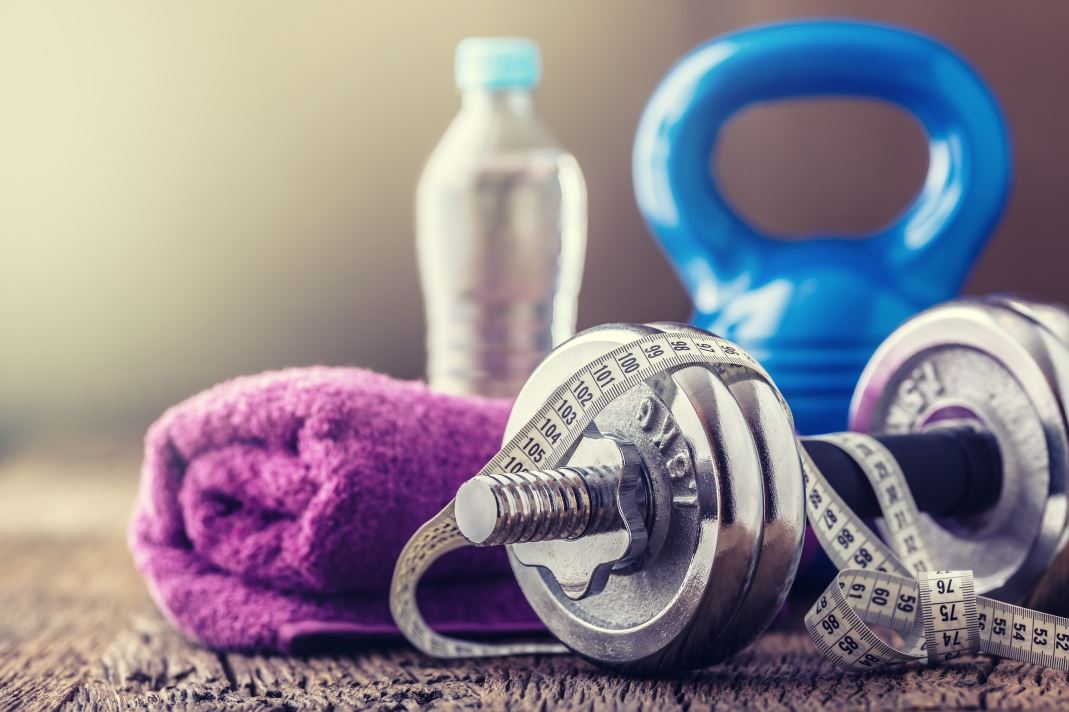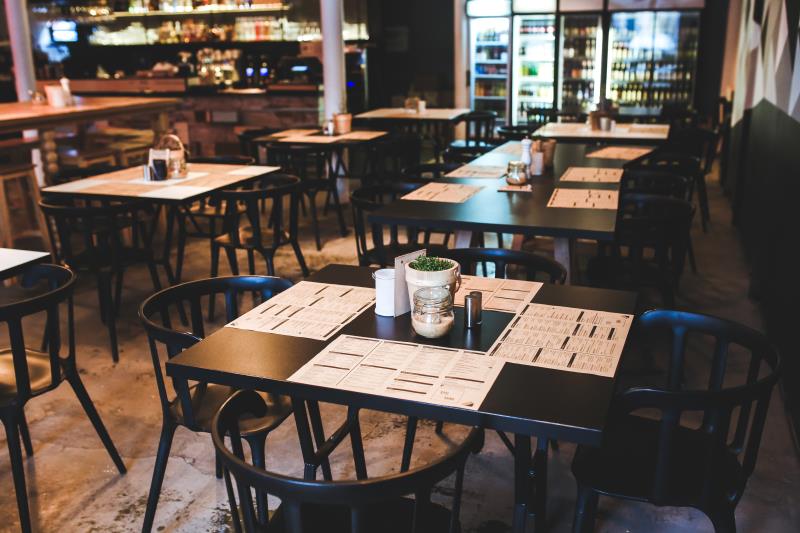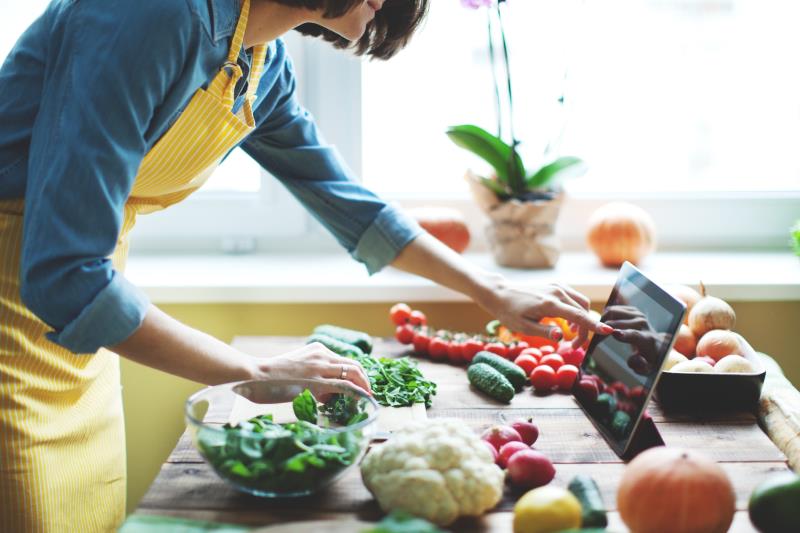The health of the industries keeping us healthy during the COVID-19 crisis

Only in the aftermath of COVID-19 will the full extent of the effect on the country’s collective mental health and wellness become apparent. The cost to the NHS and the public purse could be billions according to recent research. The impact on quality of life, while insignificant compared to lost loved ones, is likely to be felt at an economic and humanitarian level for some time.
And yet, this remains the Britain of the stoic stiff upper lip. People are increasingly aware that we can help ourselves and that help is out there. Streets are full of runners, dog walkers and cyclists. Homes are full of sweaty, multi-generational families exercising together to stay well. Those that do need that extra help are seeking it out.
Plimsoll has examined the financial and commercial performance of some of the key industries that are supporting the nation through this difficult time. These are the industries that we are turning to as we recognise the need to ensure we keep physically and mentally well.
Mental Health Centres
Recent statistics show the number of crisis admission to NHS mental health services at unprecedented levels. The growth in private mental health services has also exploded over the past few years as the stigma of needing additional support has been removed. Revenue has grown more than 6% in each of the past 5 years as the government outsources mental health services away from the NHS and society increasingly encourages people to talk about their mental health.
Profitability in the market has dipped slightly in the latest trading period as competition among providers increases. The effect on demand and margins during the pandemic is starting to become clear as fresh financial data becomes available. 78 companies already have instability in their financial health that needs to be addressed soon.
There could be a period of consolidation as the market matures and companies continue to increase in size. The latest Plimsoll Analysis names 71 providers that are showing all the signs of being hot acquisition prospects – 69 of them are below £5m turnover.
As we recover from COVID-19, demand for mental health services is likely to increase rather than decline. Watch out for news on M&A in this market after the pandemic subsides.
Aromatherapy
While still considered an alternative remedy, proponents of aromatherapy use it to alleviate stress, depression, and a range of other wellness issues. In these troubled times, many are looking for new, non-pharmacological ways to take the edge off the grind of daily lockdown life. Essential oils could be just the ticket.
Growth in the aromatherapy sector had already come off the double-digit highs of a few years ago. That said, 10 high growth companies named in the latest Plimsoll Analysis are expanding at more than 10% year on year. Clearly, there is demand out there for those that know where to look.
Profitability in the market has been relatively steady with the average not falling below 5% at any point in the last 5 years. Despite strong growth and good profits, 1 in 5 companies have been rated as Danger in the latest Plimsoll Analysis – a clear sign of a growing chasm between those getting it right and those heading for trouble.
As a result, the latest Plimsoll Analysis has identified a number of companies as hot acquisition prospects. 49 out of the 100 companies analysed were given a “Highly Attractive” rating meaning they have great post acquisition potential for new owners. Watch out for M&A news as stronger companies look to buy distressed rivals.
Fitness Equipment
Whether it is a yoga mat to do a morning Joe Wickes routine with the family, weights for the garage to replace trips to the gym, or a treadmill to do some miles before settling into the home office, the explosion in demand for fitness equipment has been huge. Retailers have struggled to stock barbells at high enough quantity to keep up with demand.
Heading into the pandemic period, the latest Plimsoll Analysis shows a mature fitness equipment market struggling with relatively low growth rates of around 3%. Whether the loss of earnings from gym and school closures will be fully offset by the explosion in consumer demand for home equipment will become apparent as more data becomes available.
Profitability in the fitness equipment market has been exceptionally low for many years with the latest average margin just 1.6%. Will the direct-to-consumer model and the white-hot demand of the past 12 months reward the market with a much-needed injection of profitability, and if it does, what happens to profitability and growth once people can head back to the gym?
Cycle Shops
Long before the pandemic, cycling has become something of a national passion. Our nations domination of the velodromes at the Olympics has transferred directly onto the cycle paths of Britain. It is even said that cycling has replaced golf as the pastime of choice for the late middle-aged man!
Demand has been enormous over the past year as families look for something they can all do outside together. Growth in the market has been north of 8% in every year for the past half decade. Cycle shops, along with other sectors such as pharmacies and food delivery, have embraced the e-commerce explosion of recent year. The market will be hoping that web sales will make up for the loss of physical retail sales in later years.
The cycle shops market is at a profitability crossroads. Margins are low at around 1.5% according to the latest Plimsoll Analysis. This begs a key strategic question, “is it profitable to have premises anymore?” Online routes to market carry little of the physical cost of a shop. Could we see a permanent shift in the business model of the High Street cycle shop over the next few years?
Pet Shops
Demand for pets, particularly dogs, has rocketed over the past 12 months. As families work from home and companionship is cherished, we have turned to furry friends to cheer us through these harsh times. Prices for puppies have rocketed to such a level that organised crime and dog theft have become worryingly commonplace.
As we spend all day with our new (and old) companions, so demand for the paraphernalia required to keep them well increases markedly. Already a nation of dog and cat lovers, growth in the pet supplies industry has been strong with growth in the latest trading period up to almost 8%. That can only go higher as the number of pets grows.
However, profitability in the market remains razor thin at just 1.6%. As with cycle shops, e-commerce is changing the way owners shop. Pet food subscription businesses such as Butternut Box are delivering high quality, hand-cooked food direct to consumer doors tying in loyalty and recommendations. Toys and other supplies are available online and with next day delivery.
Consolidation seems inevitable in the sector as fewer physical stores are required. 41 excellent acquisition targets have been named in the latest Plimsoll Analysis.
There is a plethora of other industries people are turning to during the pandemic - too many to feature properly. We could have included Alcohol Retailers as a nod to those home-schooling youngsters.
Whatever industry you are operating in or using to support you through these unusual times, Plimsoll has produced an easy to understand, instant assessment on the key market trends and all the companies operating within it.
Our analysis is designed to allow the non-financial professional to understand what is happening in a market at any given time, spot the pockets of exceptional performance, understand those in trouble, and pick out the growth and M&A opportunities.
Visit www.plimsoll.co.uk to see what is happening in your major markets today.


